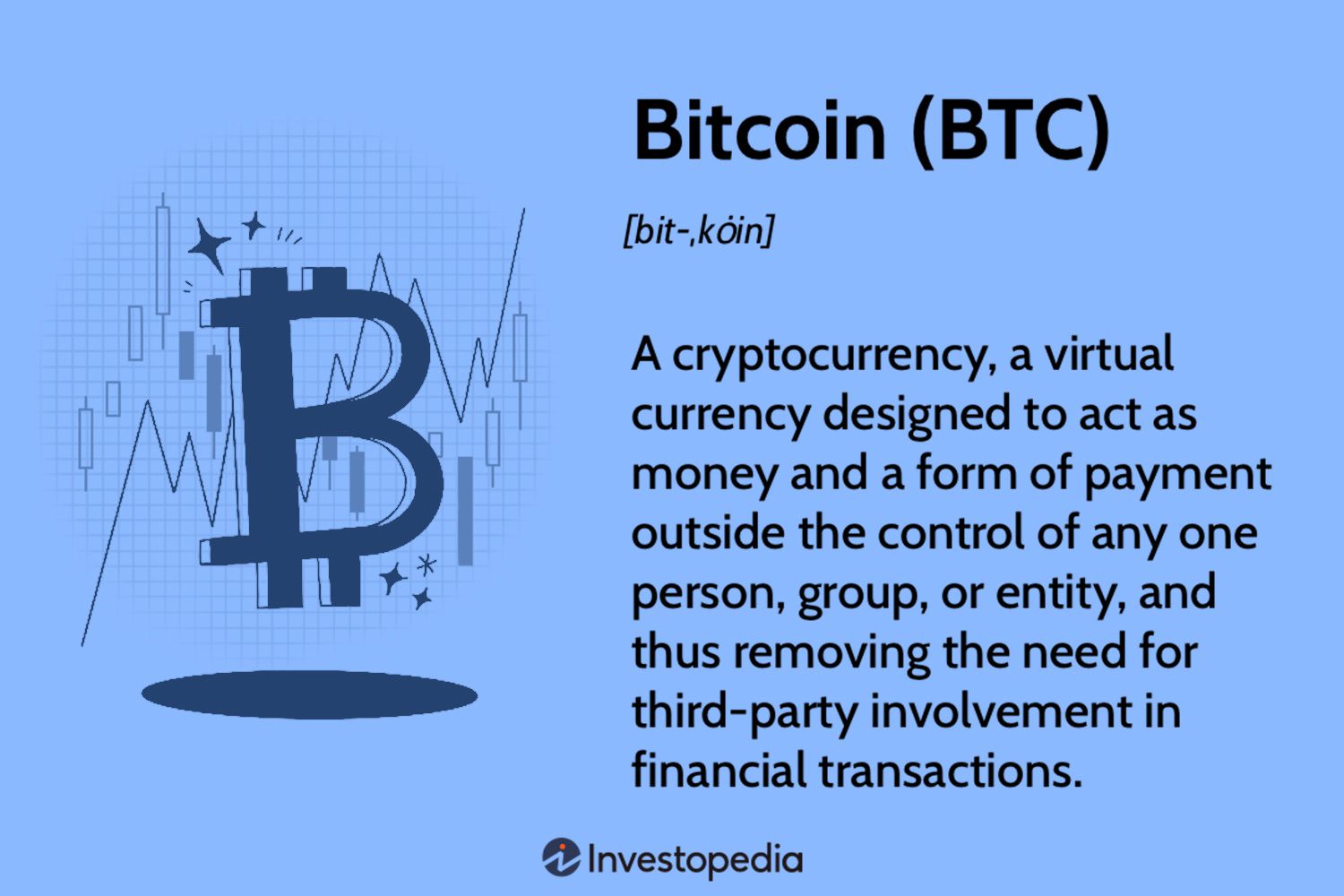
The Rise and The Fall of Bitcoin Jesus: A Cautionary Tale
Cryptocurrency often feels like a wild carnival ride, filled with unexpected twists and hairpin turns that leave us gasping for breath. One moment, we’re witnessing the meteoric rise of a pioneer entrepreneur, only to later find ourselves in a gripping narrative involving tax evasion and fraud. Such is the story of Roger Keith Ver, infamously known as “Bitcoin Jesus.” This moniker, a testament to his zealous promotion of Bitcoin, now serves as a stark reminder of the dangers lurking in the world of cryptocurrency.
 The enigmatic figure of Bitcoin Jesus, caught in the web of fortune and misfortune.
The enigmatic figure of Bitcoin Jesus, caught in the web of fortune and misfortune.
On April 29, 2024, the excitement surrounding Ver took an ominous turn as he was indicted on serious charges, including mail fraud and tax evasion. The accusations suggest that Ver indulged in dubious methods to hide the true extent of his wealth from the Internal Revenue Service. The age-old adage rings true here: render unto Caesar what is Caesar’s, or risk becoming a cautionary tale in the fast-paced, often reckless, realm of cryptocurrency.
The Birth of Bitcoin Wealth
Many of us were captivated by stories of how Ver transformed his initial success from selling computer parts into millions through Bitcoin investments made when the cryptocurrency was valued at just around $1. Fast forward to today, and Bitcoin’s current price hovers over $62,000, painting a picture of startling wealth multiplication.
However, such stories often come with a catch. With great wealth comes great scrutiny. The Financial Times has provided an incisive commentary, warning against what it calls the “cult of crypto,” suggesting that certain traits of enthusiasm and fervor surrounding cryptocurrency can mimic those of traditional religious movements. Such observations prompt us to question our inclinations when worshipping at the altar of cryptocurrencies.
Crypto as a Religion?
When discussing cryptocurrency, it’s not uncommon to hear comparisons to religion, some of which are not very flattering. For example, the term “cult” carries strong implications for any movement, suggesting they often share delusionary beliefs and foster an elitist community. Not too long ago, Matt Liston and artist Avery Singer spearheaded a movement called OxOmega, proclaiming an innovative religious framework built on the backbone of blockchain technology. Although the movement didn’t receive much traction, it raises an important inquiry: what inherently makes something a religion?
 Exploring the intersection of faith and technology in the crypto realm.
Exploring the intersection of faith and technology in the crypto realm.
Could it be that amidst the fervor of Bitcoin evangelism, we overlook authentic interactions between cryptocurrency and established religious traditions? As a staunch skeptic of the rushed categorization of crypto as religion, I believe it’s critical to approach such claims with caution. The assertion that crypto is unequivocally a religion lacks substantiation and risks oversimplifying its complexity.
A Complex Relationship
The reality is that many religions are attempting to understand and engage with cryptocurrency. Around the world, stories are emerging about how religious institutions are grappling with Bitcoin and blockchain technology. Reports reveal a troubling trend, with scammers leveraging cryptocurrency to siphon significant amounts of money from churches across regions like Samoa and New Zealand. Furthermore, we encounter pastors who claim divine inspiration to invest in cryptocurrencies and offer guidance regarding their roles in spiritual finance.
In another instance, there are “Bitcoin Rabbis” providing insights on cryptocurrency within the framework of Jewish law, demonstrating the nuanced dialogues occurring within religions and the blockchain world. These narratives, while far removed from cultish rhetoric, present a rich tapestry that depicts how old religions are navigating this new digital frontier without succumbing to blind faith or zealotry.
Conclusion: Embracing Caution and Curiosity
As we traverse the increasingly intertwined landscapes of faith and cryptocurrency, we must maintain a healthy skepticism towards lofty proclamations. While Roger Ver’s story, often embellished with the revered title of “Bitcoin Jesus,” serves as a warning, it also underscores the necessity for critical engagements rather than blanket endorsements of cryptocurrency as a new religious space.
Cryptocurrency indeed carries elements reminiscent of religious fervor; yet through the lens of well-established traditions, we can uncover stories that inform our understanding of this powerful financial technology. It is crucial to keep this dynamic in focus as we navigate the complexities of the crypto world, doing so with both caution and curiosity as we explore our own beliefs about these digital assets.















